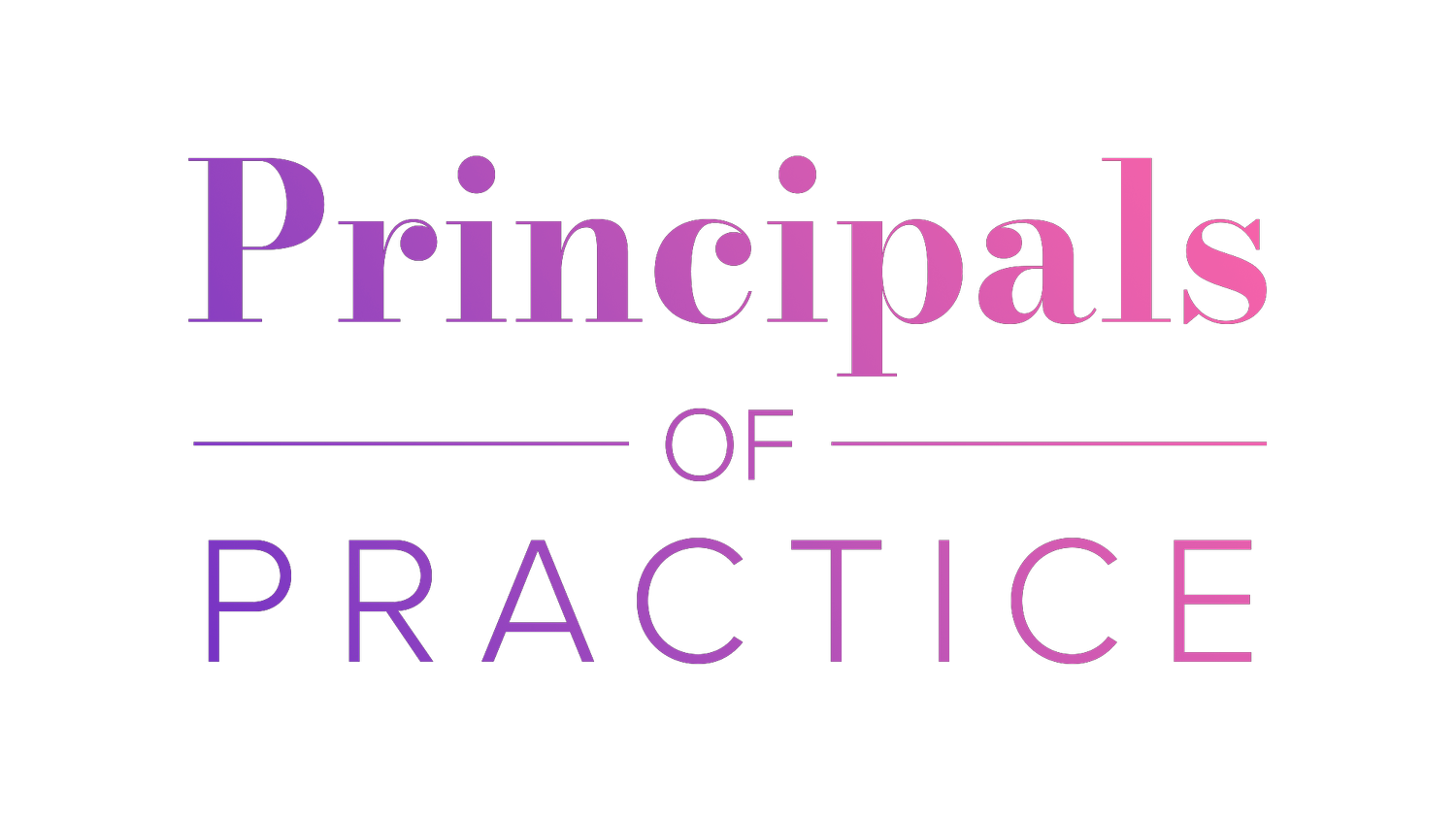Avoiding the New Year’s resolution trap
Did you know 98 per cent of New Year’s resolutions fail? I just invented that statistic (so don’t quote me on it), but it sounds about right, doesn’t it?
Let’s face it, our vows and promises on January 1 to eat healthier, drink less, move more and get more sleep probably went by the wayside by February, and in fact (a real statistic this time) a Scranton University study found that only 19 percent of individuals keep their resolutions and most are abandoned by mid-January!
As many of us are looking forward to starting afresh in 2021, my final article of the year explores the ingredients of resolutions that stick and traps to look out for when formulating your 2021 resolution. Notice I say “resolution.” Singular, not plural.
Making your resolution foolproof
Specific and important. What is it that you really want to change, and why? Stewart D Friedman, author of “Leading the Life you Want” says most resolutions fail because they’re not important enough. He urges people to identify what matters most in life and to keep it specific, simple and important. He also suggests exploring not just how making this change will transform your life, but also how it will impact the lives of the people most important to you.
Choose just one resolution. You might be tempted to overhaul your entire life but research shows that creating new habits does not work if you try to develop more than one at a time.
Instead of having a wide and lofty desire of ‘getting healthier and fitter’ (the favourite resolution of the vast majority of people) try to narrow down the aspiration. Choose one specific thing to improve on – something achievable – and stick to it.
How do you decide which goal to choose? One suggestion is to ask yourself what skill or new behaviour you need to master to get the results you want to achieve? You can also consider which underlying barriers could hold you back getting that result?
Using the example above, if you want to improve both your diet and exercise routine you might realise that when you don’t exercise, you eat poorly so focusing solely on exercise might be your best option. Or, you might recognise that you really need to prioritise a good night’s sleep in order to wake refreshed and ready for exercise or rested enough to allocate more time to plan your meals. If this is true, you might want to focus on adopting good sleep hygiene and make this your primary goal, shifting your attention to either exercise or nutrition only once you have a firmly established sleep routine.
Keep it simple. Research shows that to successfully create a new habit you should adopt small and manageable behaviour changes and practice them daily. https://www.ncbi.nlm.nih.gov/pmc/articles/PMC3505409/
To make a start, choose a situation that you encounter every day – something that is consistent and does not vary. For example, if your goal is to introduce more vegetables into your diet and you make an omelette for your breakfast every morning, you could add some spinach or mushrooms. The key here is taking a simple action every day, without fail, that links to an existing daily activity. With this in mind, beware of pairing your new habit with a time and place that you don’t control. For example, resolving to go to the gym every weekday during your lunch break might be difficult to achieve if you typically feel pressured to skip lunch to keep working.
Keep it consistent for at least 10 weeks. 10 days? 21 days? 66 days? How long does it take to form a new habit? While some might claim you can create a new habit in as few as 3 weeks, research shows that it takes around 10 weeks for new behaviour to become an automatic response pattern (e.g. adding the spinach into the omelette without even thinking about it), so keep up the momentum for those 10 weeks.
It’s okay to not be sure. Ask yourself whether you are really ready to make this change. Know that ambivalence, or not being completely sure about whether you want to create this new habit, is part of the change process itself. Simply considering making a change is a step towards the results you want to achieve. Obviously you are more likely to succeed in creating a new habit if you are ready.
If you’re still tempted to take on a big resolution just look back at the results of by gone years to see how that worked out. Give yourself the chance to succeed by making your new habit small and manageable.

